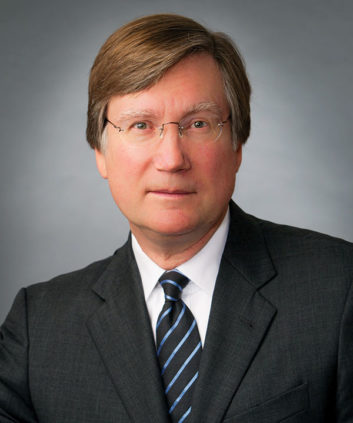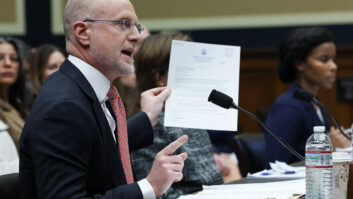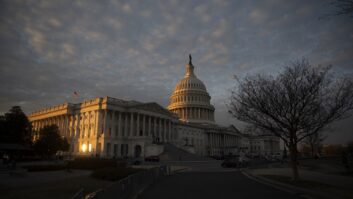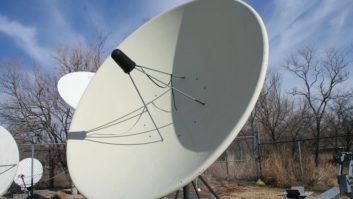
Attorney David Oxenford blogs often about developments in the U.S. radio industry, and he has thoughts about the just-completed FCC auction.
He notes that almost a third of the available channels drew no auction interest at all, as we’ve reported, and he wonders if the results say something about the FCC’s local ownership rules.
Ninety-seven channels were sold, but 42, including four AM stations, went unsold in the auction. The commission will raise more than $12 million from the auction, but $9 million of that is from just two FM CPs in particularly desirable areas.
“The 42 channels that were unsold range from channels allotted to small communities in states like Wyoming or Alaska that were predicted to serve very few people, thus having opening bids as low as $750 that no one was willing to meet,” Oxenford writes on his blog, “to channels in somewhat bigger communities including channels in New York state and Colorado that had opening bids of $75,000, indicating that they would serve a substantial number of people, but the prices were apparently deemed too high to justify for companies looking for a business return.”
[Read: iHeart Snags a Sacramento FM CP in FCC Auction]
“This lack of interest may also say something about the FCC’s local radio ownership rules.”
Oxenford said he has been told that parties would have been interested in bidding on channels that went unsold but “because of the FCC’s ownership limitations, they were precluded from owning those stations. So instead of providing new service to the public, these channels will lie fallow, providing service to no one.”
He notes that comments on whether changes should be made to the FCC’s radio ownership rules are due Sept. 2 in the commission’s latest rule review. Some broadcasters want the FCC to lift the subcaps that limit how many stations one company can own in a market.
“The results of this auction may well be instructive on the issues that the FCC will be considering,” Oxenford wrote.
“In comments filed in 2019, parties talked about stations in their smaller radio markets that are essentially nothing but a transmitter and a computer — providing no real local service — when local owners who do cover the issues of importance to local communities are precluded from using these channels to provide new services, as the ownership rules do not permit such ownership.”
“There are still broadcasters who want to serve local communities, and as recent congressional activity has suggested, a recognized need for such local services,” he writes.







